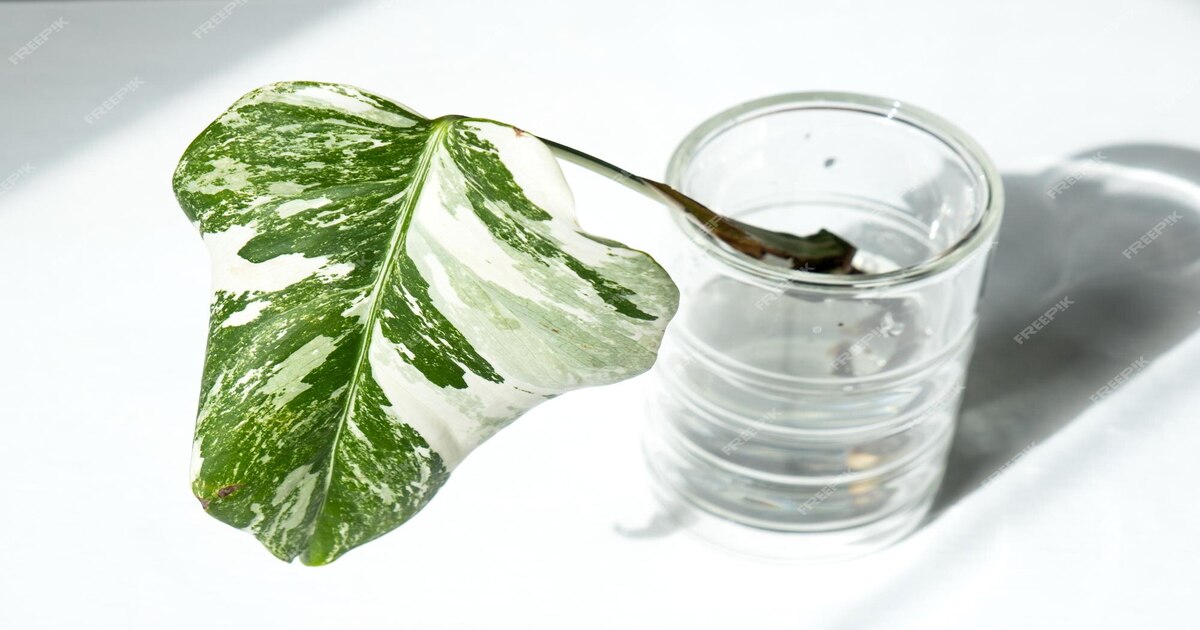MYCORRHIZA AND ENDOMYCORRHIZAE
Mycorrhiza is a symbiotic relationship between a fungus and a plant, where the fungus forms a connection with the plant's root system. This relationship has been shown to improve plant nutrient absorption, water uptake, overall plant health, and disease resistance, as well as enhance soil quality and drought tolerance. There are two main types of mycorrhiza: ectomycorrhiza and endomycorrhiza.
Endomycorrhiza is a type of fungi that penetrates the plant's root, rather than existing on the surface like ectomycorrhiza. This type of mycorrhiza is found in a wide range of plant species and is believed to be used by up to 80% of vascular plants. Endomycorrhiza can be further divided into five major groups: arbuscular, ericoid, arbutoid, monotropoid, and orchid mycorrhiza.
Arbuscular mycorrhiza (AMF) is the most common type of endomycorrhizae found in crop plants. These fungi form a mutualistic symbiosis with most terrestrial plants, establishing a network of hyphae around the root system. At the site of this symbiosis, called arbuscules, nutrients are exchanged between the plant and the fungus. AMF are known to improve plant nutrient absorption and enhance soil quality.
Ericoid mycorrhizal fungi establish a loose network of hyphae around the hair roots of plants, penetrating the walls of cortical cells to form intracellular coils. These fungi are found in the plant order Ericales and are known to improve plant growth and increase nutrient uptake.
Arbutoid mycorrhizas, also found in the plant order Ericales, are formed by basidiomycetes fungi, which are also responsible for ectomycorrhizal associations. These fungi improve plant growth and increase nutrient uptake.
Monotropoid mycorrhiza occurs in species of the non-chlorophyllous plant Monotropa, which grow as epiparasites under forest trees such as Fagus, Pinus, Quercus, and Salix. These plants are connected to the tree by the mycelium of a common mycorrhizal fungus Boletus. Monotropoid mycorrhiza is important for the growth and survival of Monotropa plants.
Orchid mycorrhiza is a symbiotic relationship between the roots of plants in the family Orchidaceae and a variety of fungi. Nearly all orchids are myco-heterotrophic at some point in their life cycle, relying on their fungal symbiont for carbon. Orchid mycorrhiza is critical for orchid germination and plant growth.
If you're interested in incorporating mycorrhiza, specifically endomycorrhiza, into your hydroponic system, Benchmark Hydroponics in Melbourne is here to assist. We offer a variety of mycorrhiza products and are happy to help you find the perfect solution for your plants. Contact us today to learn more!




